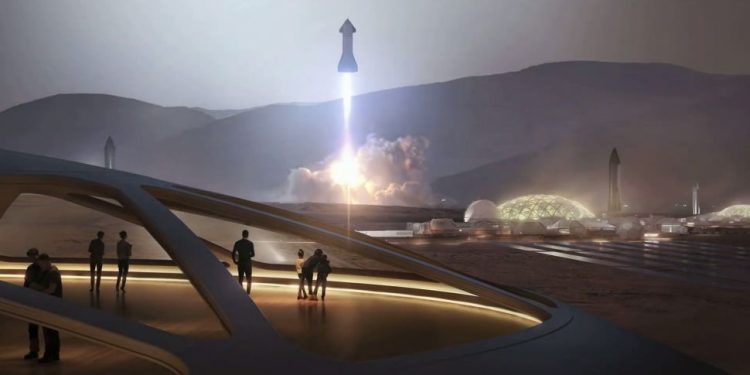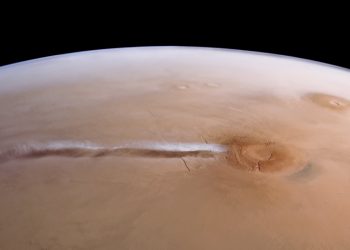Elon Musk recently said that the real test of his basic plans for colonizing Mars is simple: Will the human settlement of Mars survive if, for some reason, new resources and people from Earth eventually stop coming to the Red Planet? The reason for Musk’s speculations is related to his expressed worldview about the future of mankind.
“The test is if the ships from Earth stop coming for some reason?” Musk told interviewer Robert Zubrin during a television broadcast. “For some reason. It may be trivial, but it may be nuclear Armageddon, “he added.
Humans on Mars: The Main Concerns
Let us address some of the issues raised by this open comment. Firstly, he also mentioned that it is possible that many future settlers will die in the process of traveling to the Red Planet. This is a common theme affecting colonizers, from those on the new continent of America to explorers who first crossed Antarctica or sailed across the Pacific Ocean.
Here the idea of restoring stocks and ships, or lack thereof, is key and distinguishes between different schools of thought about space life and humans on Mars, in particular. Musk’s supporters are quite optimistic when interpreting his comments about plans for Mars, but Musk has always planned a steady stream of new traffic to deliver new materials or passengers. And depending on how the technology evolves, these ships could even return the little waste the village produces.
The thing is, supplies are likely to be very sparse. The distance between Mars and Earth varies considerably, with the shortest journey expected to take more than six months. This means, on the one hand, including everything necessary in the ship’s cargo and, on the other hand, including only the most important things in the cargo in order for the payload to be feasible.
Even if the new supplies come, let’s say generously, several times a year, it means that the humans on Mars will already have the mindset of scarcity, prudent use, and a circular economy. However, it is quite different to plan to use only one pack, say, aspirin, than to never get aspirin again. If something goes wrong, settlers may lose access to vital things, such as 3D printing or heating.
Is there a solution?
So how do they plan in a way that includes sustainability of consumption? This is a really difficult question, and that’s why Musk is constantly concerned, as is any defender of the human on Mars idea. Allow me to give a smart example with the properties of Star Trek. In this imaginary world of the future, the characters effortlessly recycle the goods back into raw materials. But even in real life on Earth, we can barely recycle plastics into reusable plastics.
As for what will lead to the end of deliveries, according to Musk, it will be a large-scale event that will either destroy or extremely limit almost all life on the planet. So far, there have been several major events in Earth’s life that have wiped out a huge number of species inhabiting the planet, from the famous extinction of dinosaurs to much more deadly ones, which wiped out 95 percent of Earth’s life about 250 million years ago.
Experts on existential threats suggest that one of any number of events could befall humanity and act as the next Great Filter of Species, from a climatic event that kills all living things to the much more distant, thermal death of the Sun. One way or another, the Earth will come to an end. And like any sensible technology entrepreneur, Musk wants to make sure he has a backup stored elsewhere in case there someday are humans on Mars.
Join the discussion and participate in awesome giveaways in our mobile Telegram group. Join Curiosmos on Telegram Today. t.me/Curiosmos











